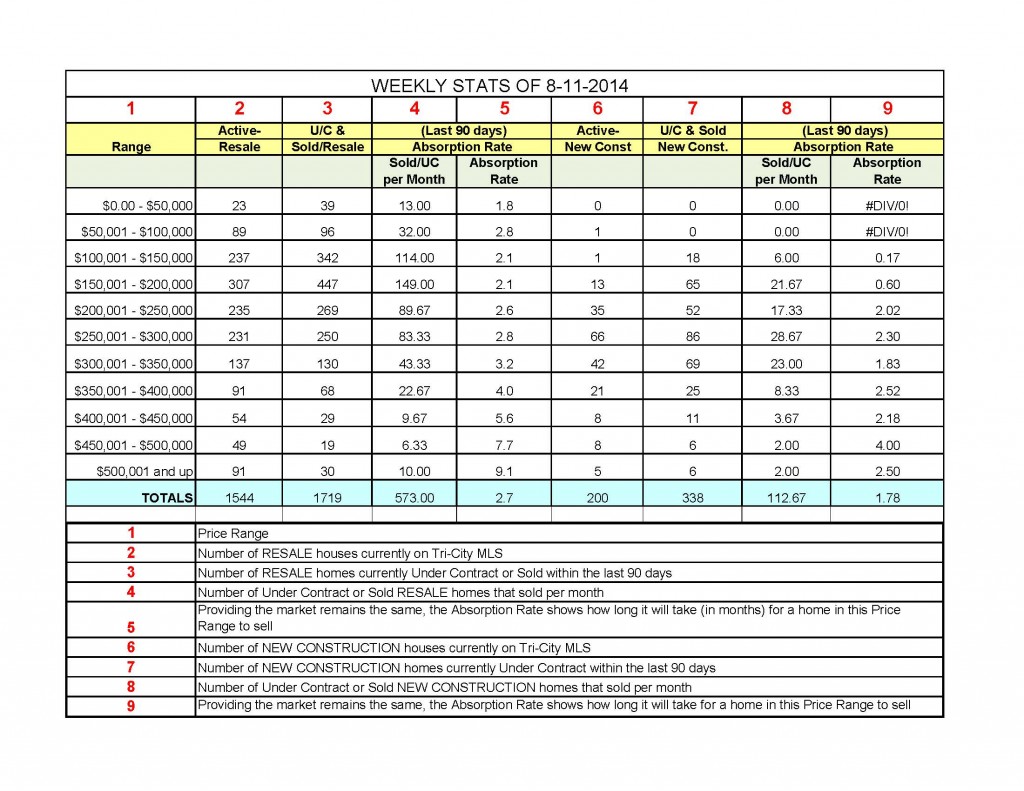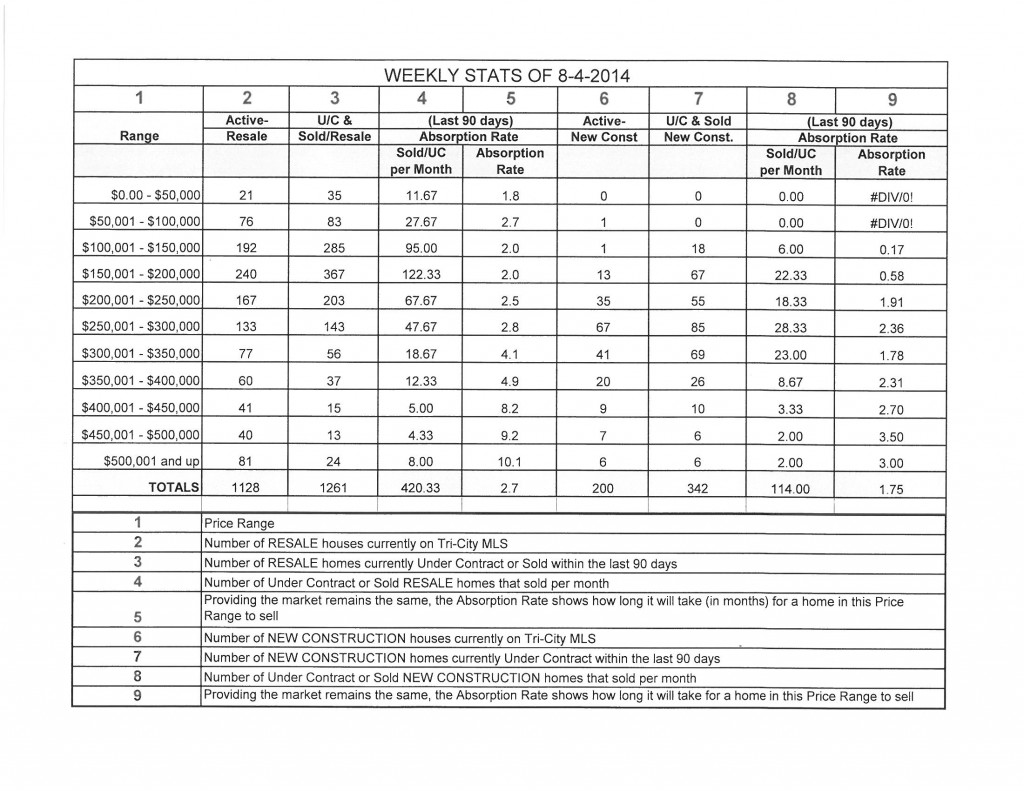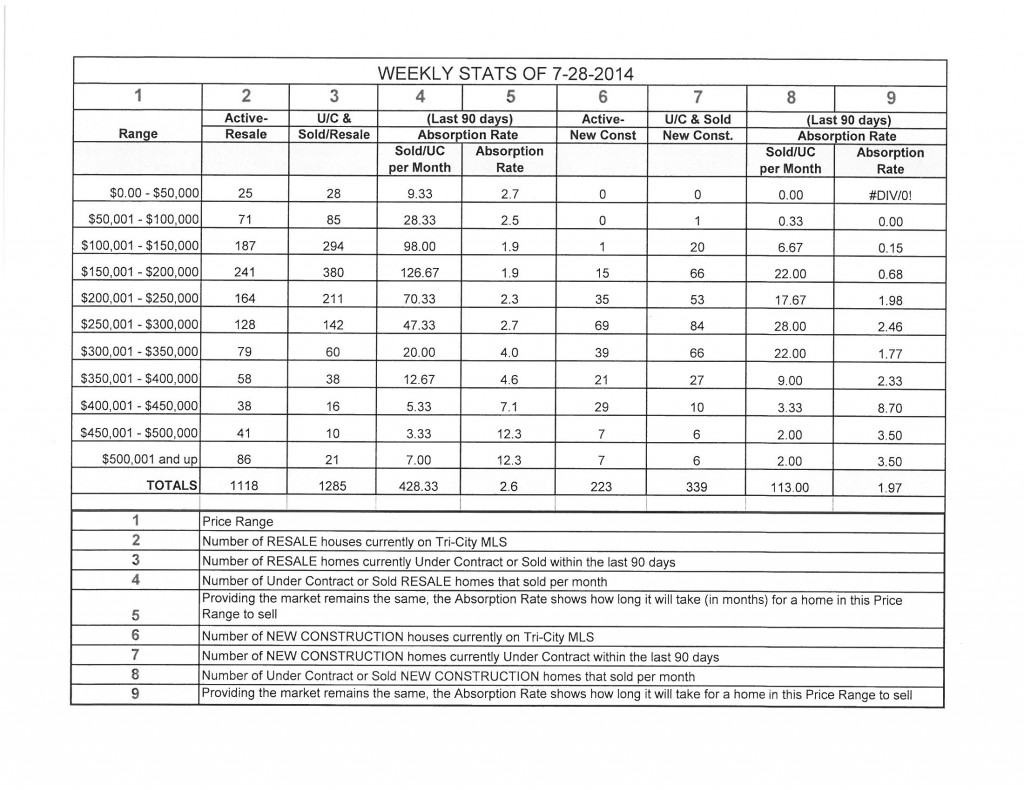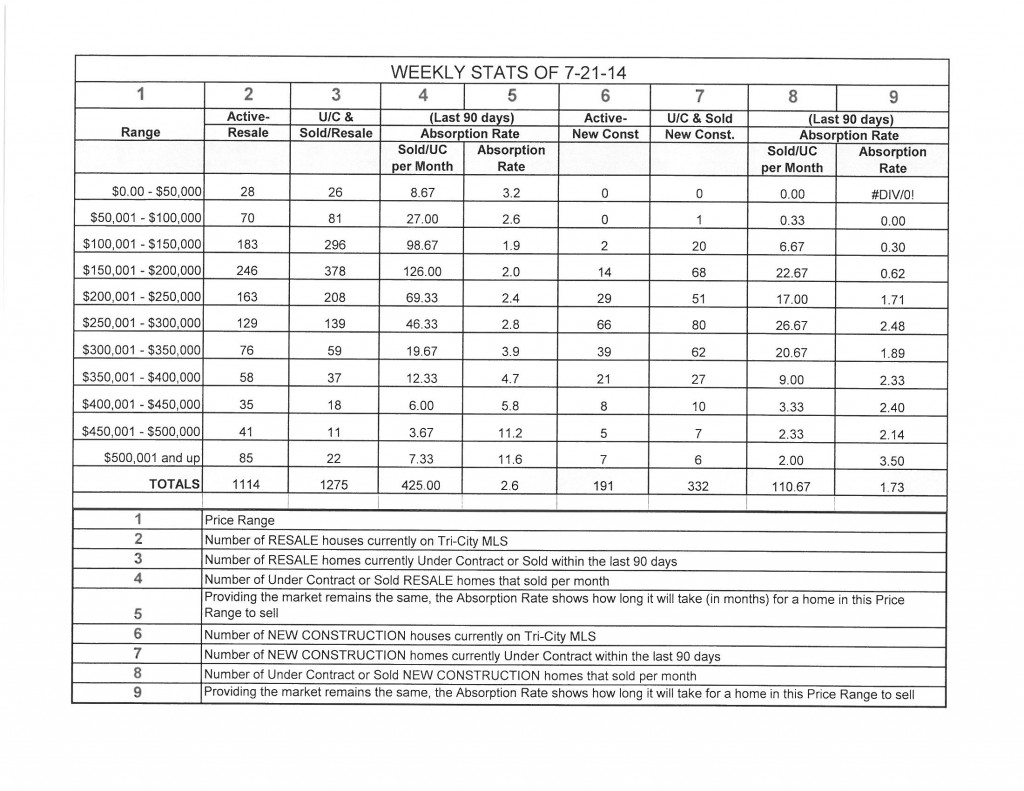In this market, selling a house can be more challenging than ever. As a real estate professional, I’m sure you have used many ideas to help make your property look its most attractive to potential buyers. As an architect for two decades, I have suggestions and tips to maximize your potential in selling the home.
Every house and every property is different, and I recognize that a “walk through” can inspire specific ideas for each property. But here are some universal suggestions that will make any house look more appealing for sale.
1. Clean everything. Eliminate damaged and soiled items, get rid of half of the furniture and rearrange the other half, and remove any personal items. It is important to give the buyers the ability to see themselves in the property.
2. Accent lighting. This can help make the home more attractive and accentuate the positives by highlighting the homes attributes and diminish the negatives of any setting. The key is to realize that you are playing with contrasts.
Some other lighting tips:
- A light along fabulous furnishings, an architectural element, or detail will show that element off.
- A light behind an object will frame the object in darkness and bathe what is behind it in a wash of light.
- Use highlight and contrast to make a room feel longer, higher, or warmer.

Keep the elements that you do not want seen in darker settings, and the ones you want highlighted in light.
- Set the mood with accent lighting and candles to provide warmth and drama that will set your property apart from all others.
- Accent lighting is the easiest and most effective enhancement.
3. Paint. This is perhaps the most common enhancement that is done to a property. Because a buyer might have their own ideas about colors, I usually do not recommend a full paint job unless the property needs it. Sometimes, a fresh coat of paint is only required in a few areas to refresh a house. I have found that the front door is a good place for new paint, as it is the first part of the house to be touched by a potential buyer.
4. Don’t go overboard with fancy flooring. There was a time that new berber carpeting and travertine meant that the FOR SALE sign would be installed the next week. None of the buyers that I shopped with planned to keep any of those inexpensive additions. People were buying houses, not because of the new carpet and new stone, but because the market was hot. Many of my clients would have preferred to restore older tile work, choose the color and quality of carpets, and completely renovate the kitchen. None of them liked having to pay for improvements that would be replaced. The floors and surfaces should be clean and attractive, but unless there is damage, I suggest lovely area rugs that your client can take with them.
5. Replace the hardware in the kitchen and baths. It’s a fairly inexpensive way to refresh your property. If the cabinets are in decent shape, new knobs can update a room easily. These are little details that can make a huge impact on a potential buyer. If the front door knob is in disrepair, it will be hard to get a buyer’s confidence back.
6. Spruce up the exterior. Follow the same advice as the interior and apply it to the exterior. Make sure that everything is clean and edit the furnishings. New cushions for the outdoor furniture can immediately make the yard look more comfortable. You might need to replace the light fixtures, since the elements are usually not very kind to exterior accessories. Consider a few nice plants in lovely pots and a wind chime to heighten the outside living experience.
I hope that these suggestions will help you provide inexpensive and effective ways to help you present your client’s properties in the best way.














